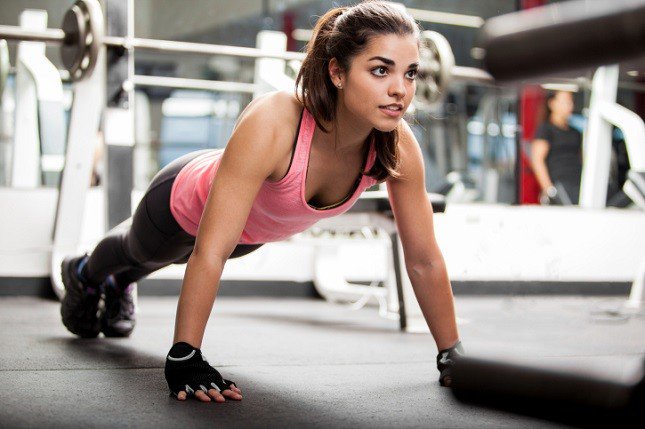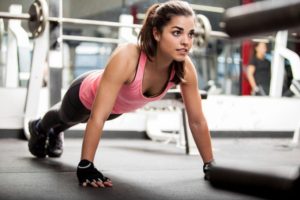 Want to hit the gym? Experts compile a list of things you should do to achieve your fitness goal.
Want to hit the gym? Experts compile a list of things you should do to achieve your fitness goal.
Alcohol, not being a nutrient, is stored as fat in the muscle, instead as energy. Even a sip of beer or wine can stay in the body for about two hours. Dr Pooja Chaudhary, wellness consultant, Healthians, says, “The liver, which is the powerhouse, breaks down the alcohol into acetic acid, which causes a shortage of oxygen, which then interferes with the production of ATP – the direct energy source for muscles. This also causes the liver to not produce enough glucose, which wears down your body much quicker.”
Alcohol, being a diuretic, also dehydrates you as it makes your kidneys produce more urine. Dr Gaurav Thukral, COO, HealthCare atHome, says, “Exercising after drinking alcohol can make dehydration worse because you also sweat and it might lead to reduced performance. You need to be wellhydrated when you exercise to maintain the flow of blood through your body, which is essential carrying oxygen and nutrients to your muscles.”
AVOID SWEATY CLOTHES
One of the simplest yet biggest post-workout mistakes most people make is staying in their sweaty clothes and not changing into a dry set. Though it depends on the skin type, how sweaty the clothes are and how long you have been in them, some of the common problems that can arise are skin rashes, accumulation of dirt in the pores leading to skin acne. Dr Daljit Kaur, consultant, dietetics and nutrition, Fortis Escorts Heart Institute, New Delhi, says, “Yeast and vaginal infections are common among women. People can also get Athlete’s Foot, a fungal infection due to too much moisture on/around your feet, making them itch and smell.”
NOT SLEEPING ENOUGH
If you don’t sleep enough and workout, your body will not recover the way it should due to lack of sleep. It’s ideal to sleep for about eight hours every night. Dr Gaurav says, “Sleep deprivation might lead to increase in levels of Ghrelin, a hormone which increases your appetite and makes you want to eat more, along with decreasing your body’s levels of Leptin, a hormone responsible for making you feel full, hence causing weight gain.” Dr Daljit points out, “Your body releases the growth hormone when you are asleep, which helps strengthen your bones and muscles. Not getting enough sleep might limit your body’s ability to recover from an intense workout or make your muscles and bones stronger.”
FOOD WATCH
What you eat and drink to keep yourself charged matters, but what also matters is when you are eating. It’s vital to maintain a gap of two hours after your meal before you start exercising. Dr Pooja warns, “Eating right before you work out can have a counter effect on the body as the digestive organs and the stomach muscles fight for blood, making it difficult to exercise and making you feel nauseous. It can also lead to stomach pain, cramps and diarrhea.” While working out, we break down muscle and our body needs the energy to kindle the repair process. Make sure you eat 30 minutes after the session.
NO PAINKILLERS
During a workout session, your body naturally uses energy and raises the body temperature. Pain relievers like acetaminophen can take a toll on the body’s ability to regulate the temperature accurately. Dr Pooja adds, “The pain or soreness you experience during the workout session is caused by the production of lipid compounds from the tissues. These are regulated by two types of COX enzymes which help in reducing the inflammation and fever, and thus plays a vital role in the protection of stomach and intestinal linings. By taking any Non-Steroidal Anti-inflammatory (NSAID) drug before a session will block the production of these enzymes, putting the stomach lining at risk.




































 Want to hit the gym? Experts compile a list of things you should do to achieve your fitness goal.
Want to hit the gym? Experts compile a list of things you should do to achieve your fitness goal.












